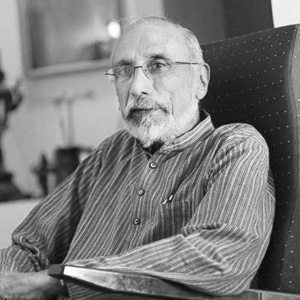
Review
Lest We Forget History: Tracing Communal Violence In Gujarat 2002- Book Review
Chatterjee, Ashoke
September, 2013
P G J Nampoothiri and Gagan Sethi. Books for Change
National attention is focused once again on the Gujarat pogrom of 2002. Conflicting accounts have emerged from the Supreme Court’s Special Investigation Team (SIT). Its apparent exoneration of Narinder Modi is challenged by the Courts amicus curiae, while a cover story in TIME on the Chief Minister as India’s icon of economic growth has failed to remove the visa ban imposed by the US since 2002 on grounds of human rights violations. This book recounts Gujarat’s tragedy from the perspective of a special monitoring group set up by the National Human Rights Commission (NHRC) soon after the killings began, on which the co-authors served. Their conclusion is chilling: “The vibrance of the State ensures that life is a series of celebrations from Kite Festivals to Garbas to Diwali and carnivals. The list is endless. In such a scenario, who wants to remember what happened to some of our own brethren just a few years back?” Reason enough for this riveting reminder of what happened during three terrible months in 2002, and in the ten years that have followed even if two baffling mysteries remain: what actually happened at Godhra station on 27 February 2002, and later the same day in the CM’s Gandhinagar office when instructions were given to assembled officials and police?
Gujarat’s failed experiment in ethnic cleansing is traced back by Nampoothiri and Sethi to Gujarat’s age-old contacts with Islam and the impact of ‘divide and rule’ during British colonialism. The violence of Partition was followed by periods of ...
This is a preview. To access all the essays on the Global InCH Journal a modest subscription cost is being levied to cover costs of hosting, editing, peer reviewing etc. To subscribe, Click Here.



